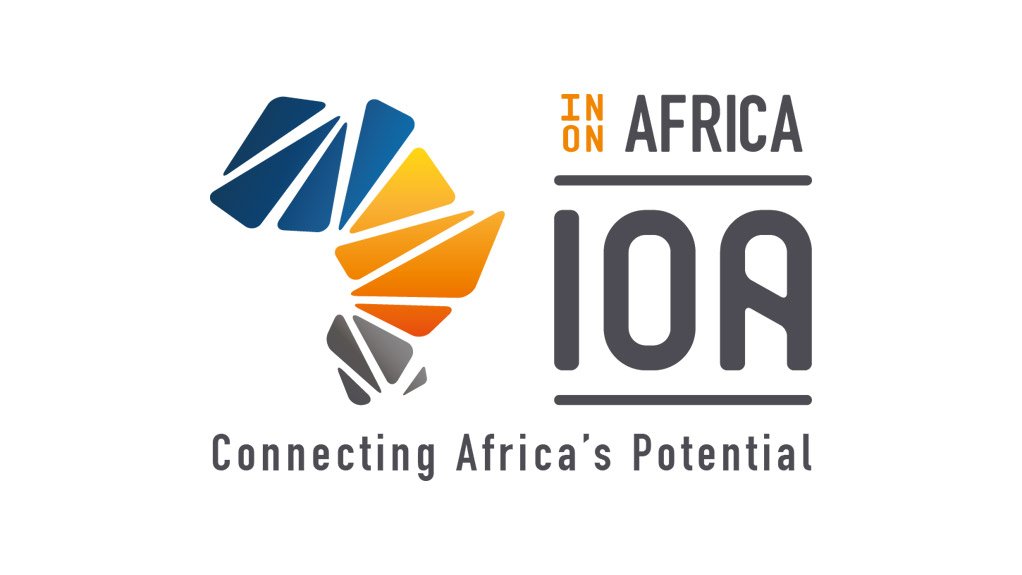Finding enough to eat has been an ages-old challenge for Africans. Against a physical environment often hostile to agricultural and pastoral activity – deserts, mountains and dense forests – the population explosion of the past century has made the goal of food security an ever more difficult accomplishment. More and more people compete for a finite amount of agricultural production. However, political will by governments to prioritise food security, combined with use of new crop and food production technologies, has allowed some countries to break the chains of food insecurity.
There are several measures of a country’s food security situation, mostly health indicators. The percentage of malnourished children, included children suffering from stunting due to improper nutrition, provides a good snapshot of a country’s overall food situation. African countries have large divides between rich and poor, and childhood malnutrition is a measurement of how equitably a country’s most valuable commodity, food, is distributed. The incident of obesity is rising among Sub-Saharan African countries as some grow more affluent. Middle class lifestyles tend to bring poor eating choices and less physical activity. However, the prevalence of obesity does not correspond with a country’s food security situation, and often extreme childhood stunting exists side by side in a country with increased adult obesity. Another measurement is to what extent external food aid from such organisations as the World Food Programme must be provided to circumvent famine: which countries receive food aid, how much and at what frequency.
Just as the Africa Country Benchmark Report for 2017 amalgamates business and economic indexes to create an inclusive and holistic view of each African country’s performance, a review of this data gives insights into which countries are successfully expanding their food resources. These countries tend to be politically stable, with democratic governance, and have better economic performance resulting from their people-oriented politics.
For achievement in food security, here are Africa’s Top 10 most advanced countries:
What do all of these countries have in common? All are democracies; all are at peace, all have historic trade routes with foreign markets and none are geographically landlocked. As democracies, their governments are more attentive to the needs of their populations (i.e. voters). As countries at peace, they are able to focus national spending and efforts on food security. These conditions – more pro-people governance and absence of armed conflict – also lead to more prosperous economies, allowing citizens to purchase more and better quality food.
These ten nations also have export-driven trading economies, where movement of food stuffs has been going on for centuries. Such trade assures availability of food even when local crops are affected by natural disaster. However, many of these countries are perennial food exporters, having long succeeded in growing surplus food for the international market.
The long-established societies of North Africa with their centuries-old trade ties with Europe and the Middle East have found food security that endows their peoples with Africa’s longest life expectancies. Libya, at present divided by civil war, has seen all social indicators decline, and while famine is not a problem now, no aspect of national life including food can be taken as “secure.” Otherwise, all North African countries – Algeria, Egypt, Morocco and Tunisia – despite their populations of poor people, who struggle for nutrition, are present on the ACBR 2017 list of Africa’s most food-secure nations.
The Africa Country Benchmark Report (ACBR) assesses the performance of all 54 African countries in an 800-page, infographic-driven report. This report is a key resource for any business, government, organisation or institution that will find value in country-specific and comparative assessments of African countries. Find out more at: http://www.inonafrica.com/africa-country-benchmark-report-acbr
EMAIL THIS ARTICLE SAVE THIS ARTICLE ARTICLE ENQUIRY
To subscribe email subscriptions@creamermedia.co.za or click here
To advertise email advertising@creamermedia.co.za or click here












